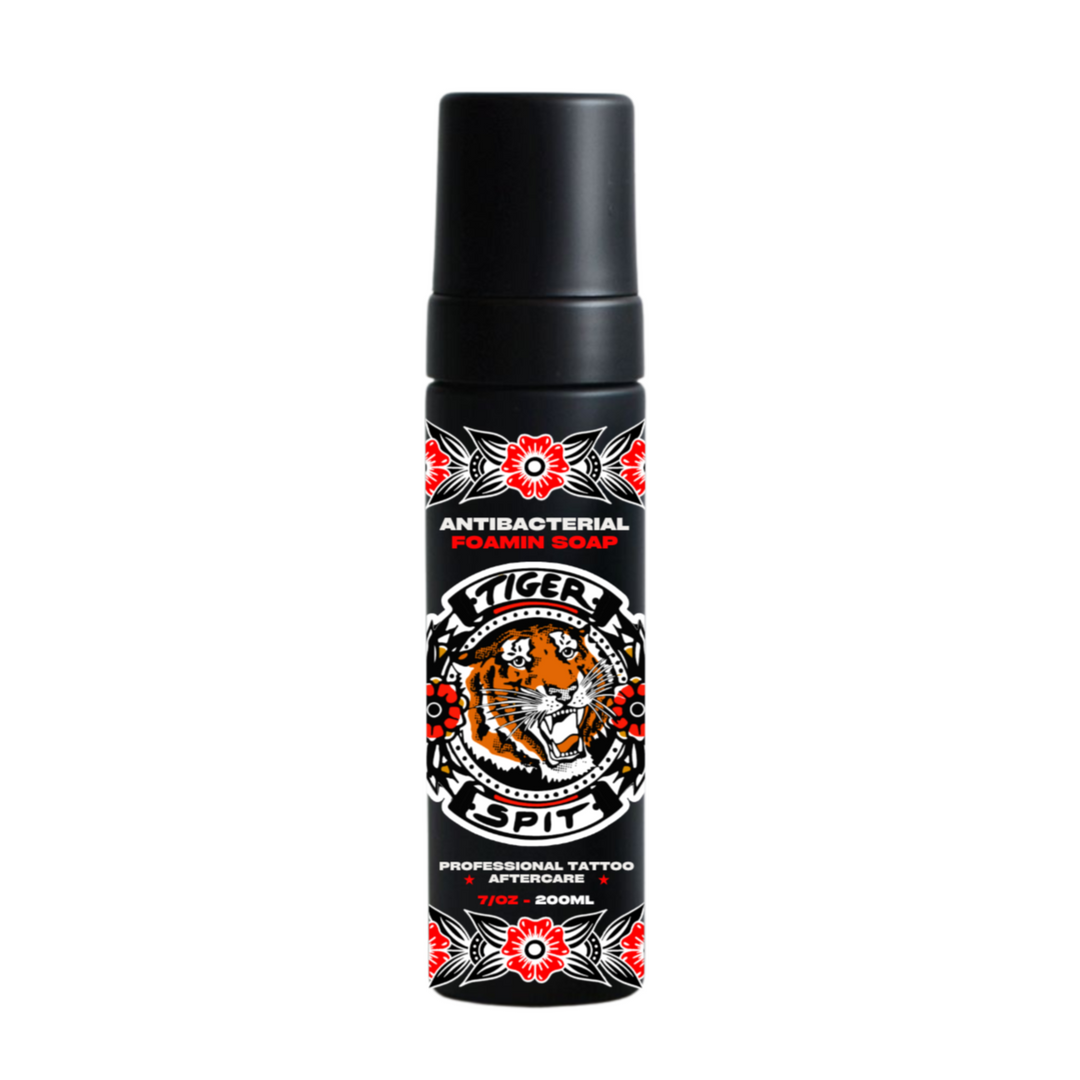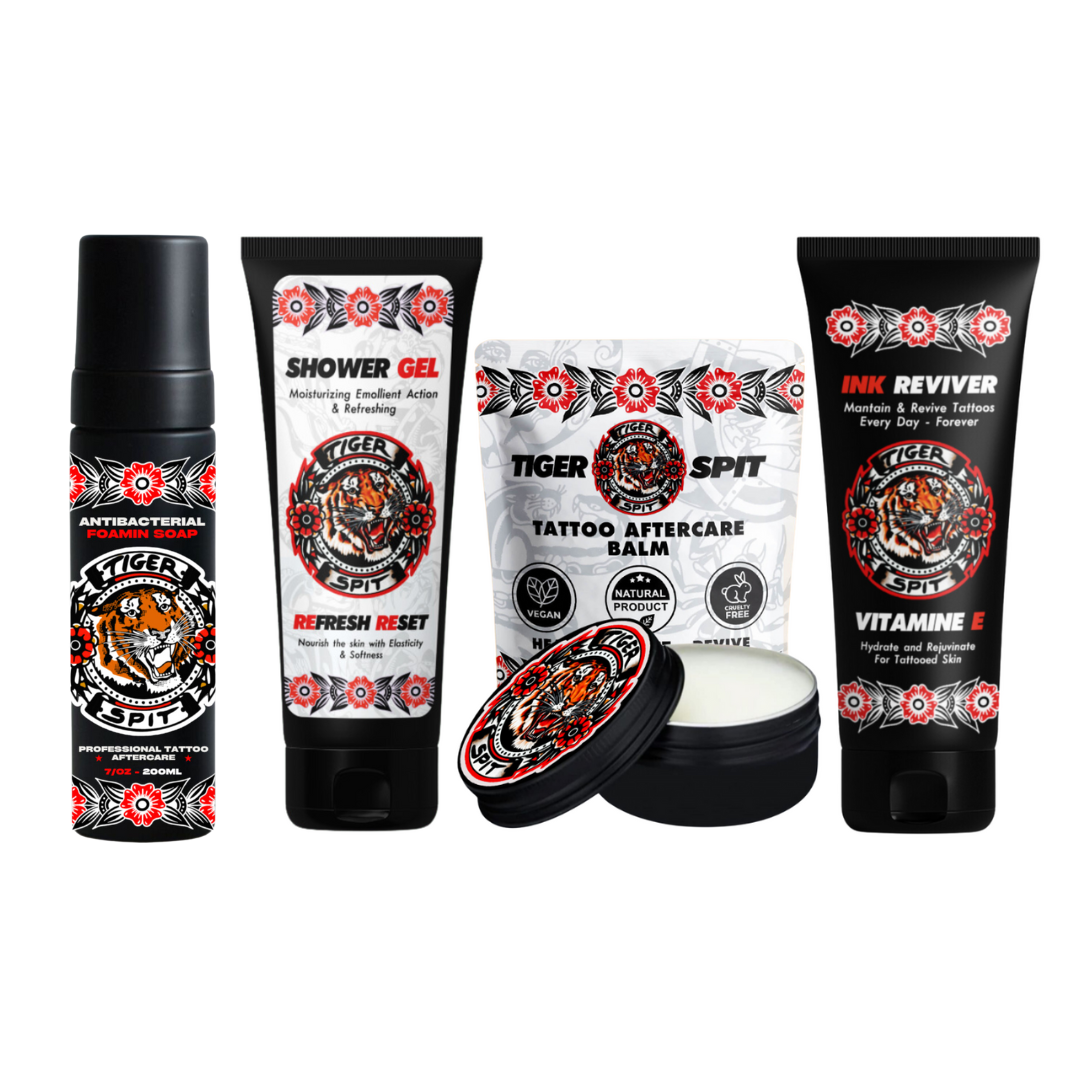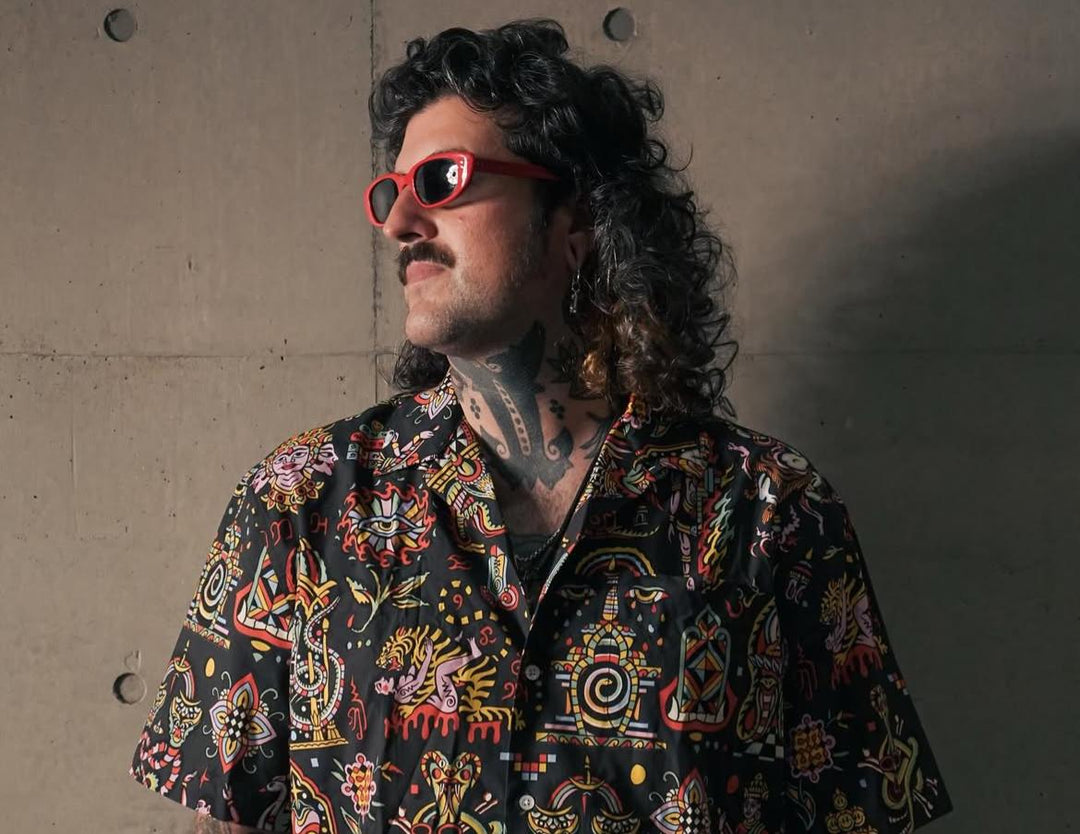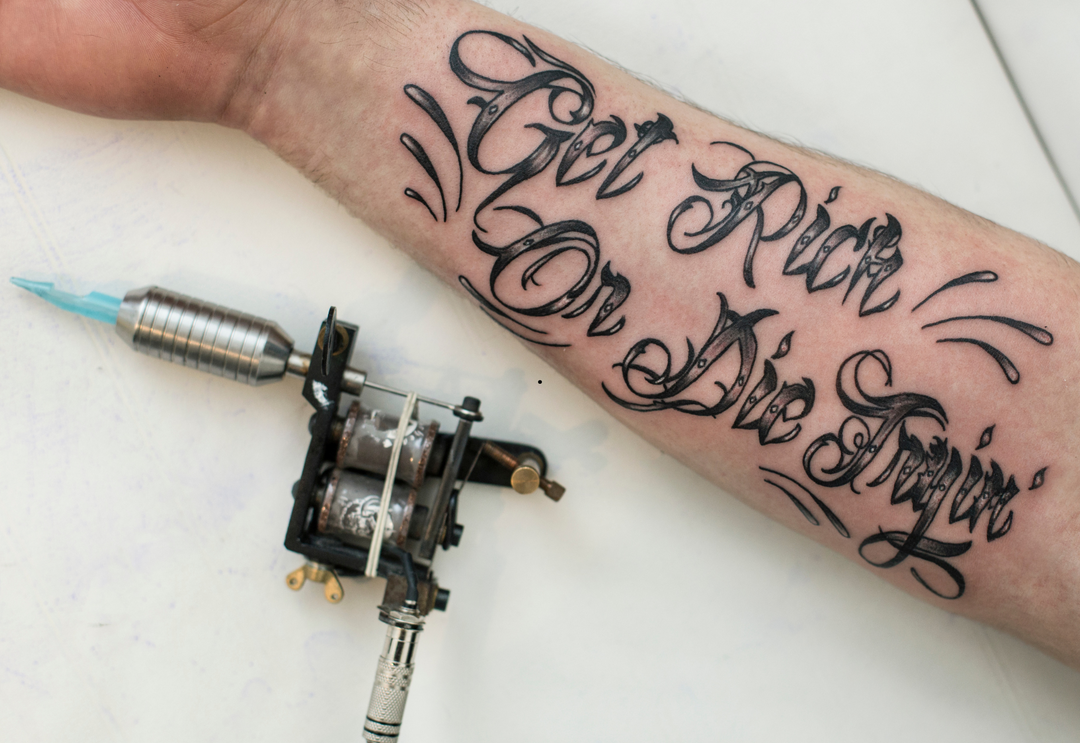Tattoos Aceptance in the Workplace
Tattoos have been a form of self-expression for centuries, dating back to ancient civilizations. However, for many years, tattoos were stigmatized and seen as unprofessional. In recent years, there has been a shift in society's acceptance of tattoos, but the question remains: are tattoos still unacceptable in the workplace?
Historically, tattoos were seen as a mark of the working-class and were associated with sailors, bikers, and prisoners. This negative perception of tattoos extended to the workplace, where tattoos were seen as unprofessional and a potential distraction to clients or customers. However, as tattoos became more popular and mainstream, so did their acceptance in the workplace.
Today, many companies have relaxed their dress codes and allow employees to have visible tattoos. In fact, some companies have even embraced tattoos and use them as a way to connect with their customers. For example, the coffee chain Starbucks allows visible tattoos and even has a tattoo-themed Frappuccino.
However, not all companies are as accepting of tattoos, and many still have strict dress codes that prohibit visible tattoos. This can be frustrating for employees who want to express themselves through their body art but feel like they have to hide it in the workplace.
The good news is that there are signs of progress in the acceptance of tattoos in the workplace. In a survey conducted by the Harris Poll in 2019, 72% of respondents believed that visible tattoos are no longer a barrier to career success. Additionally, more companies are recognizing that employees want to express themselves and are willing to be flexible with their dress codes.
If you're thinking about getting a tattoo and are concerned about how it will be perceived in the workplace, there are a few things to consider. First, do your research and make sure you understand your company's dress code policy. If visible tattoos are prohibited, consider getting a tattoo in a place that can be easily covered, such as your upper arm or thigh.
Second, be prepared to answer questions about your tattoo from colleagues or clients. Not everyone may understand the meaning behind your tattoo or the cultural significance, so be prepared to explain it in a professional and respectful manner.
In conclusion, the acceptance of tattoos in the workplace is a complex issue that is slowly evolving. While many companies have embraced tattoos and the self-expression they represent, others still view them as unprofessional. If you're thinking about getting a tattoo and are concerned about workplace acceptance, it's important to do your research and understand your company's dress code policy. Ultimately, it's up to you to decide whether the benefits of getting a tattoo outweigh any potential risks in the workplace.












